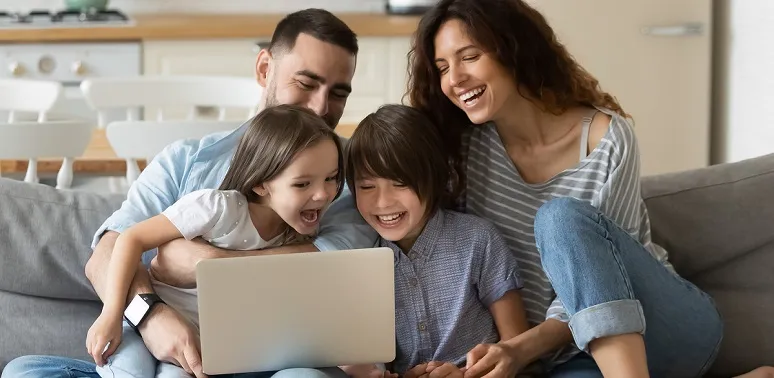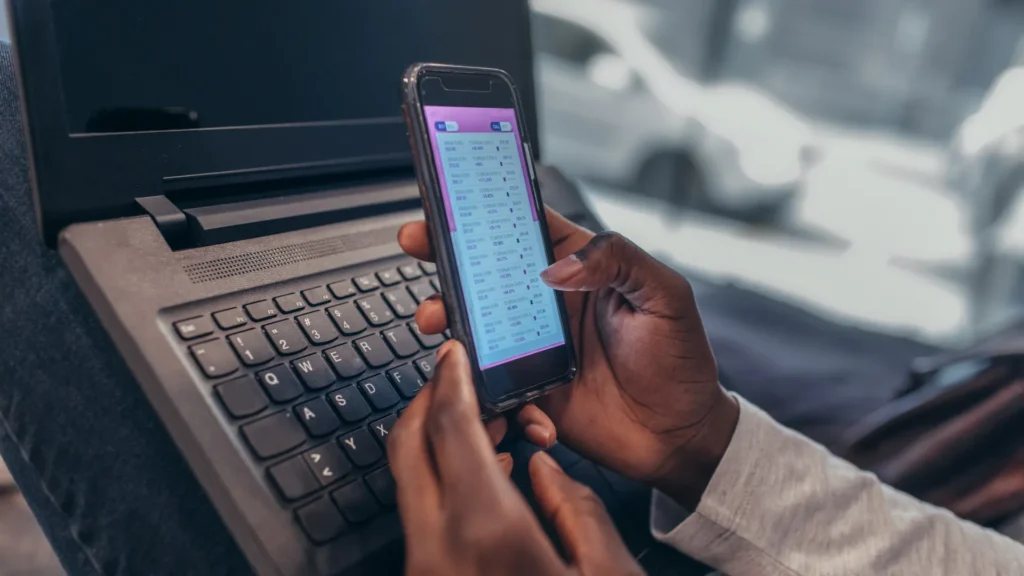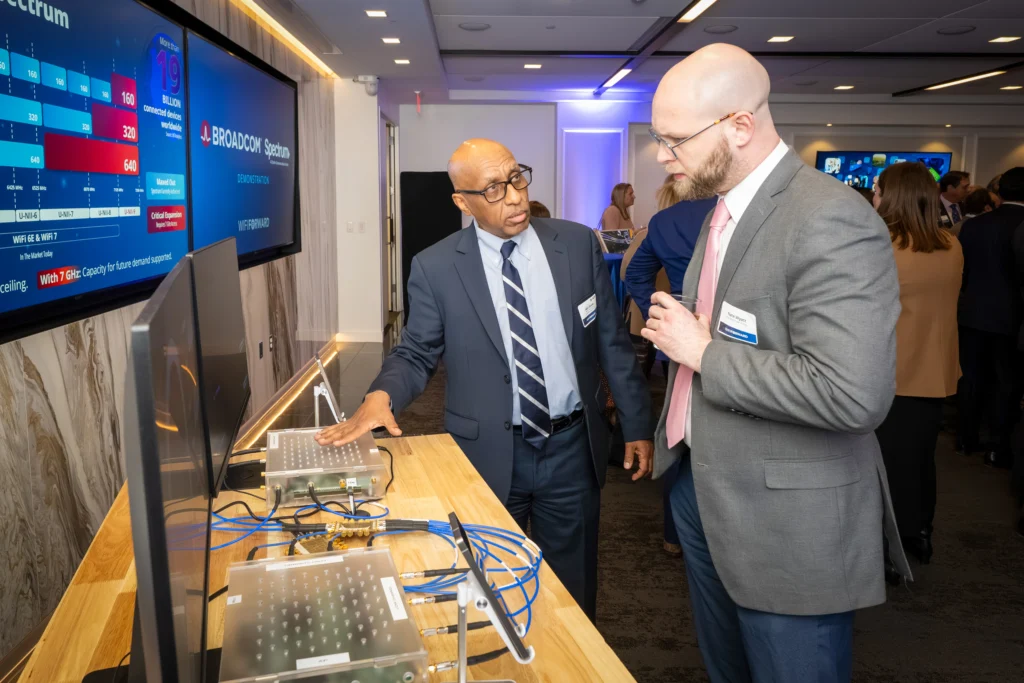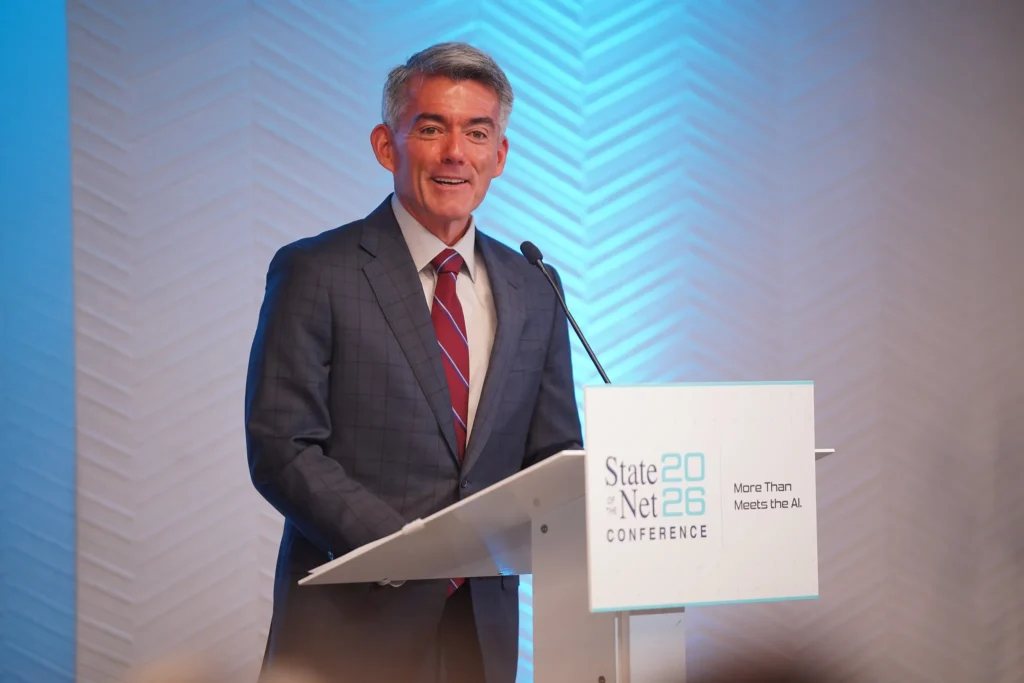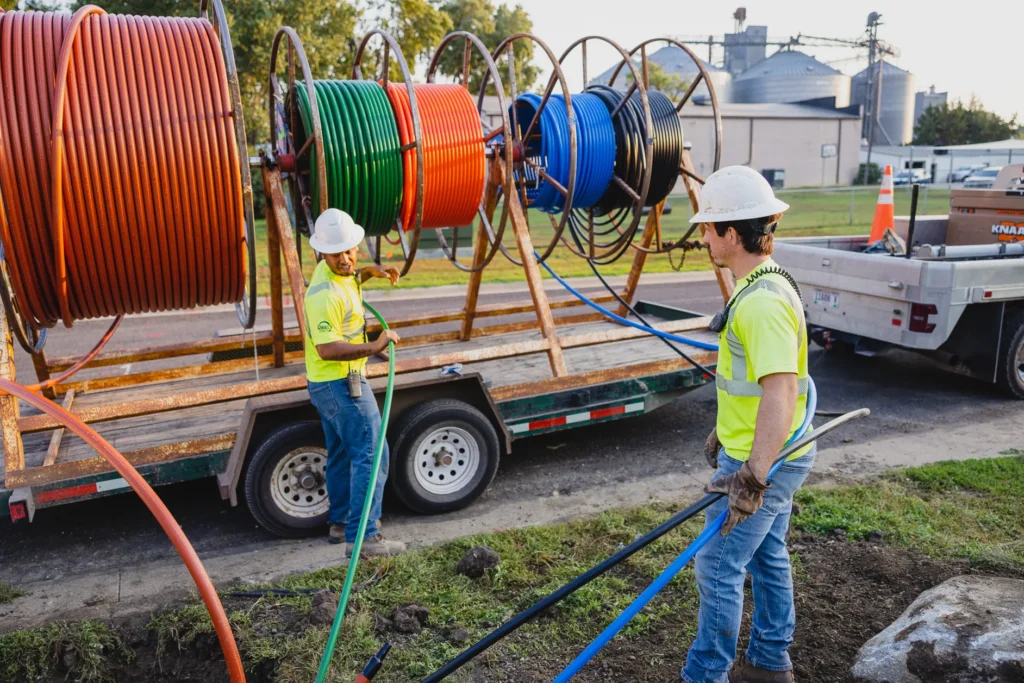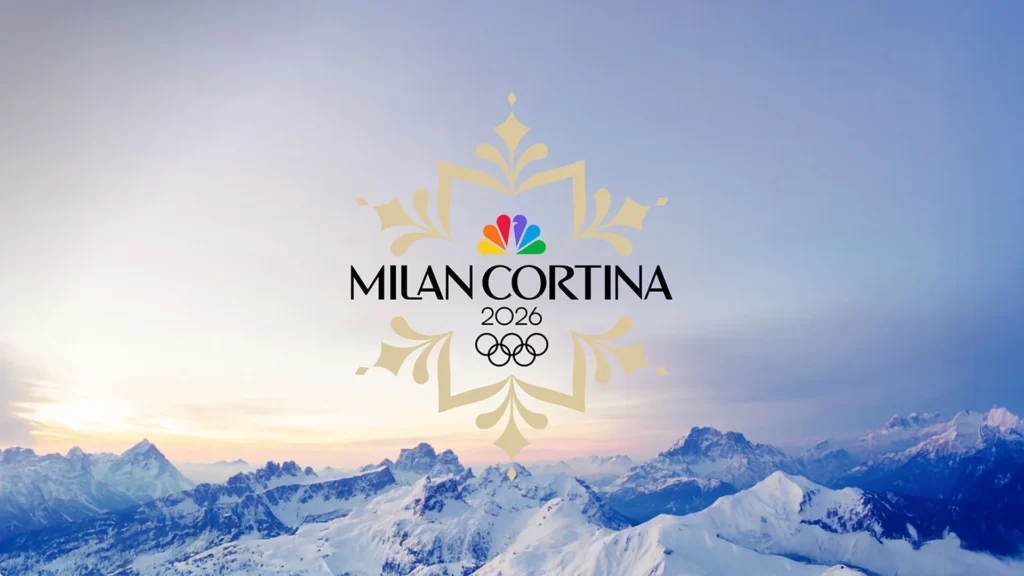At today’s White House event on closing the digital divide, President Biden applauded cable internet service providers (ISPs) for their broadband adoption efforts, including offering plans that enable low-income families to subscribe to 100 Mbps internet service for free when taking advantage of a $30 federal subsidy. With the recent implementation of the FCC’s Affordable Connectivity Program (ACP), ISPs including Comcast, Charter, Cox and Mediacom, have rolled out new internet plans throughout their service areas, allowing qualifying ACP households to obtain robust internet service for free after redemption of their ACP benefit. Interested families can find out if they qualify for the ACP benefit from the new federal government website GetInternet.gov.
The new $30 service plan is available throughout the service area of participating cable internet providers to qualifying ACP customers. These plans reflect a significant advance in the long-standing efforts of cable operators and many others to help vulnerable households overcome obstacles that have deterred some from subscribing to broadband at home.
Even prior to the ACP’s inception, cable operators directed millions of dollars and significant efforts towards closing the digital divide through a myriad of broadband adoption programs over the past decade, including programs for veterans, people with disabilities, and senior citizens, in addition to students and families who qualify for free or reduced school lunch. Since their inception in 2011, cable ISPs have connected more than 14 million people to the internet through low-cost broadband adoption plans.
During the pandemic, ISPs further expanded their efforts to reach unconnected Americans throughout their footprints. They waived fees for those at eligible income thresholds with students in their households who needed to attend virtual schooling, as well as for those undergoing economic hardships.
Cable ISPs were also involved in community coalitions designed to reach as many unconnected students as possible to ensure that everyone had the opportunity to participate in school online while in-person classes were closed. They partnered with school districts, community organizations, state and local governments, philanthropists, and various stakeholders to identify those student households without internet, to inform and educate families about the opportunities that broadband provides, and to offer free or discounted internet for the long term. With the success of these partnerships underway, NCTA established the K-12 Bridge to Broadband program, which offered a blueprint for school districts and ISPs nationwide to form their own partnerships with the goal of getting every student in the country connected to broadband in their homes.
These programs and the ACP initiatives recognized today will continue to play an important part in overcoming barriers to internet adoption, but the availability of affordable service offerings alone is often insufficient to convince households to sign up. For that reason, equal attention must focus on supporting the role of trusted digital navigators with experience required to offer additional assistance to the unconnected, overcoming language and literacy barriers, securing computers, providing training, building digital skills and proficiency, and helping individuals overcome the host of non-economic obstacles that still exist.
Today’s announcement is a welcome addition to our ongoing and collective effort to get all Americans connected to the internet. For the cable industry, it represents the latest in a series of milestones, but it will not be the last.

